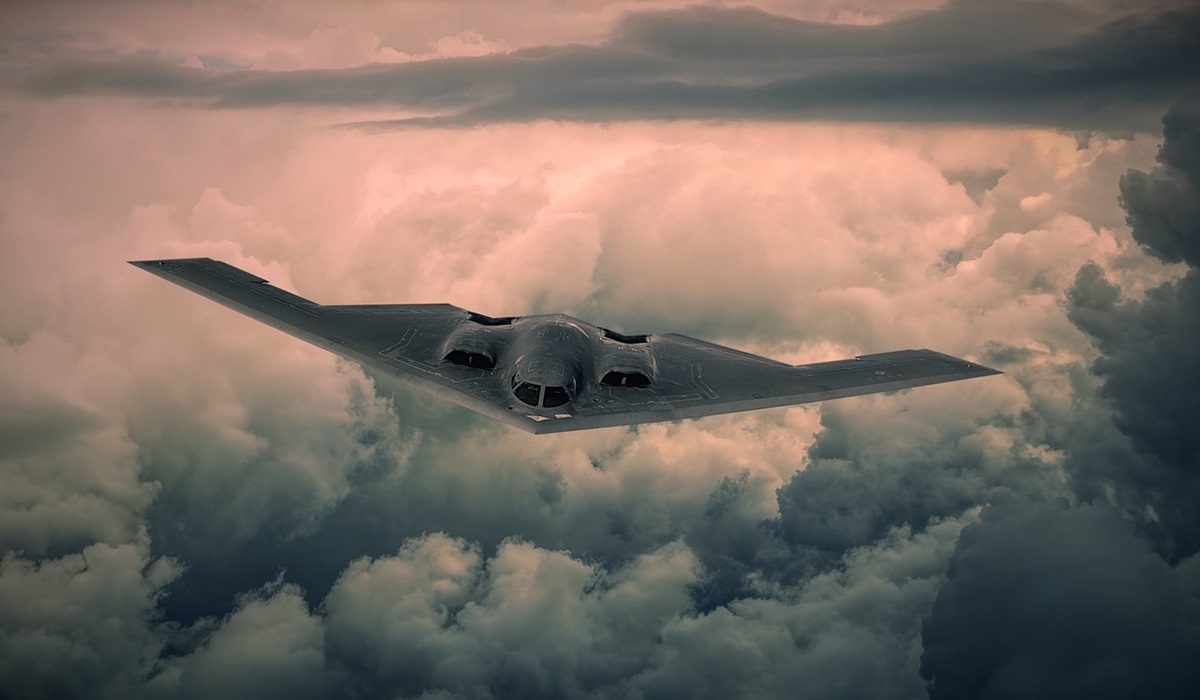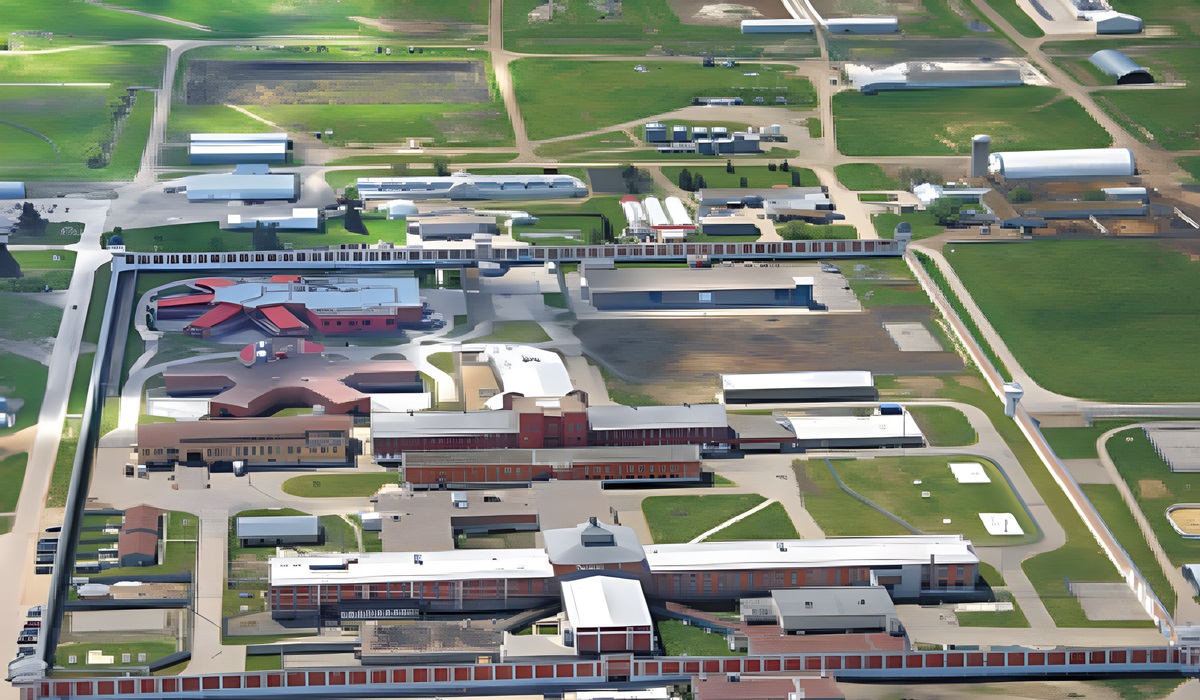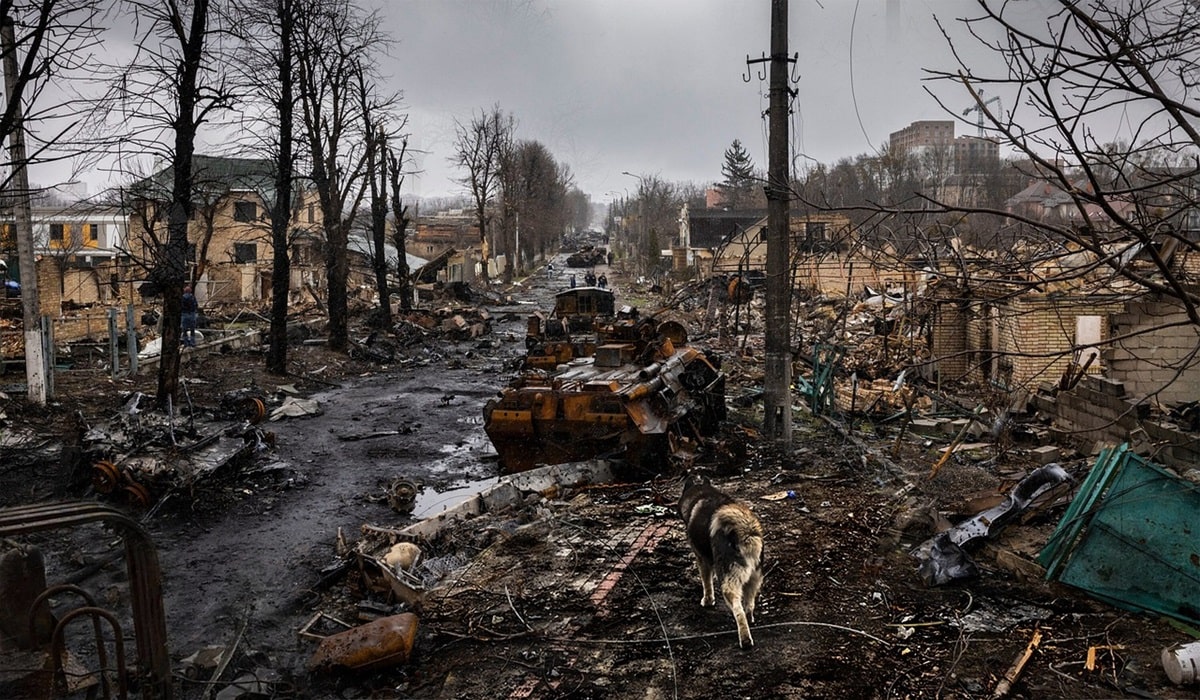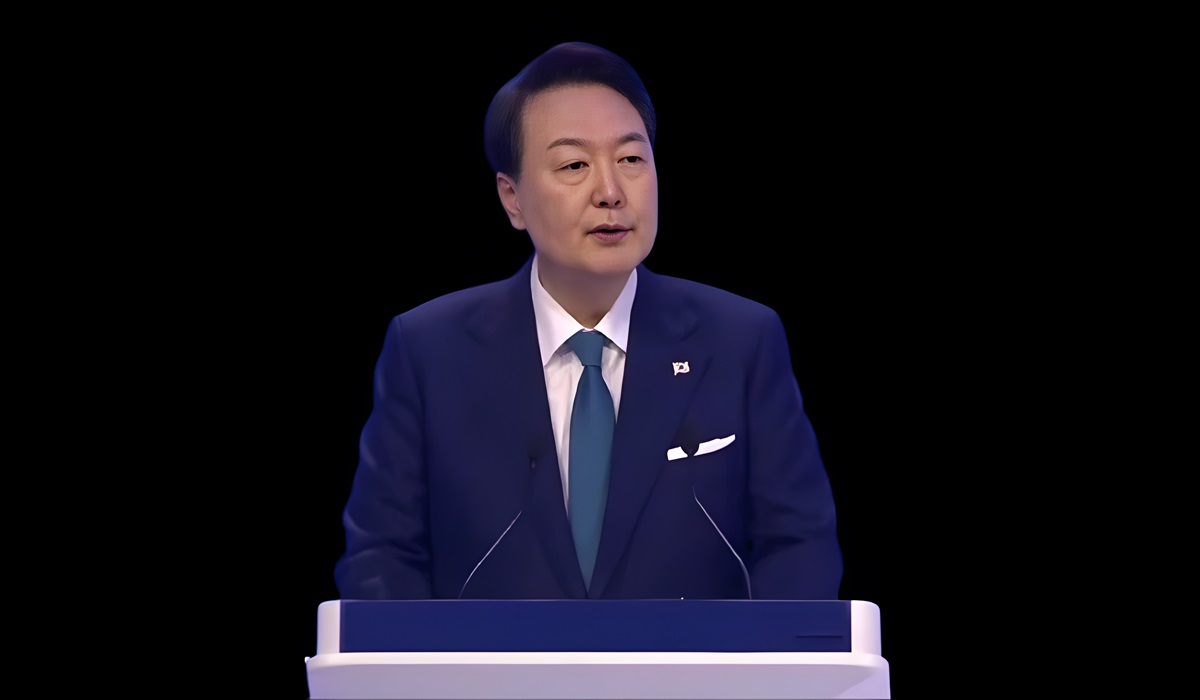Image Credit, Daniel
Early Thursday morning, U.S. President Joe Biden authorized the Pentagon to deploy B-2 stealth bombers to strike Houthi weapons sites in Yemen, marking a significant development in the ongoing conflict. This is the first time the U.S. has employed these advanced bombers against the Houthis, who have been increasingly targeting both commercial and military vessels in the Red Sea and Gulf of Aden. These strikes underscore the challenges Israel is facing in the region, particularly in relation to the under estimated strength of the Houthis, while also highlighting the broader complexity of the conflict, which involves Iran.
“This was a unique demonstration of the United States’ ability to target facilities that our adversaries seek to keep out of reach, no matter how deeply buried underground, hardened, or fortified,” said US Defence Secretary Lloyd Austin
The Houthis, who have been a formidable force in Yemen, are not only aligned with Iran but have also expressed strong support for the Palestinian cause. Their position has made them a key player in the broader regional struggle, where allegiances are increasingly shaped by both geopolitical interests and ideological commitments. By targeting the Houthis, the U.S. appears to be taking a more active role in a conflict that, while centered in Yemen, has broader implications for the Middle East, particularly regarding the ongoing tensions between Israel and Palestinian groups.
The deployment of B-2 bombers, known for their stealth capabilities and precision strikes, signals the U.S.’s commitment to maintaining a strategic military advantage in the region. However, this escalation raises important questions about the broader goals of U.S. involvement. The Houthis have not only been fighting a civil war in Yemen but have also positioned themselves as staunch opponents of Israel, aligning their cause with broader Arab solidarity with Palestine. This makes them a symbol of resistance for many, and the U.S. bombing campaign risks deepening resentment across the region.
Israel’s difficulties in its broader regional strategy are reflected in the need for U.S. military intervention. The Houthis have proven to be more resilient than expected, disrupting maritime activities and defying efforts to contain their influence. The situation has complicated Israel’s efforts to manage its own security concerns, especially as the Houthis have made clear their opposition to Israeli actions in Palestine. The correlation between the Houthis’ stance on Palestine and their military objectives in Yemen further entwines the conflict, pulling in multiple fronts where U.S. and Israeli interests overlap.
Yet, this latest move by the U.S. is not without risks. The bombing of Houthi sites in Yemen could lead to further destabilization in a region already fraught with humanitarian crises. Yemen has been enduring one of the world’s worst humanitarian disasters, with widespread famine, displacement, and civilian casualties. U.S. airstrikes could exacerbate these conditions, complicating efforts to deliver aid and worsening the already dire situation on the ground.
Moreover, the U.S. intervention comes at a time when diplomatic efforts in the region are faltering. Peace talks in Yemen have failed to gain traction, and the continued military action risks undermining any future negotiations. The Houthis’ ties to Iran, coupled with their vocal support for Palestine, mean that this conflict is more than a localized struggle—it is part of a broader geopolitical chess game that involves several key players, including Saudi Arabia, Israel, and Iran.
Critics argue that by focusing on military solutions, the U.S. and its allies are missing opportunities for diplomacy. While the Houthis have been labeled a terror group by over handful of Western Nations, the majority of UN members have not applied the same label, and see them as part of the legitimate government in Lebanon and their role as defenders of Yemen against external interference has won them support, both domestically and from groups sympathetic to their anti-Israel stance. By authorizing airstrikes, the Biden administration risks inflaming tensions not only in Yemen but across the Middle East, where U.S. actions are often viewed through the lens of its relationship with Israel and its stance on Palestine.
As the U.S. deepens its involvement, it must weigh the consequences carefully. The deployment of B-2 bombers may provide a temporary military advantage, but it could also lead to further escalation in a conflict that has already claimed countless lives and destabilized a region. The Houthis, with their ties to Iran and their vocal support for Palestine, represent a broader challenge to U.S. and Israeli interests, and a purely military response may not address the underlying causes of the conflict.









